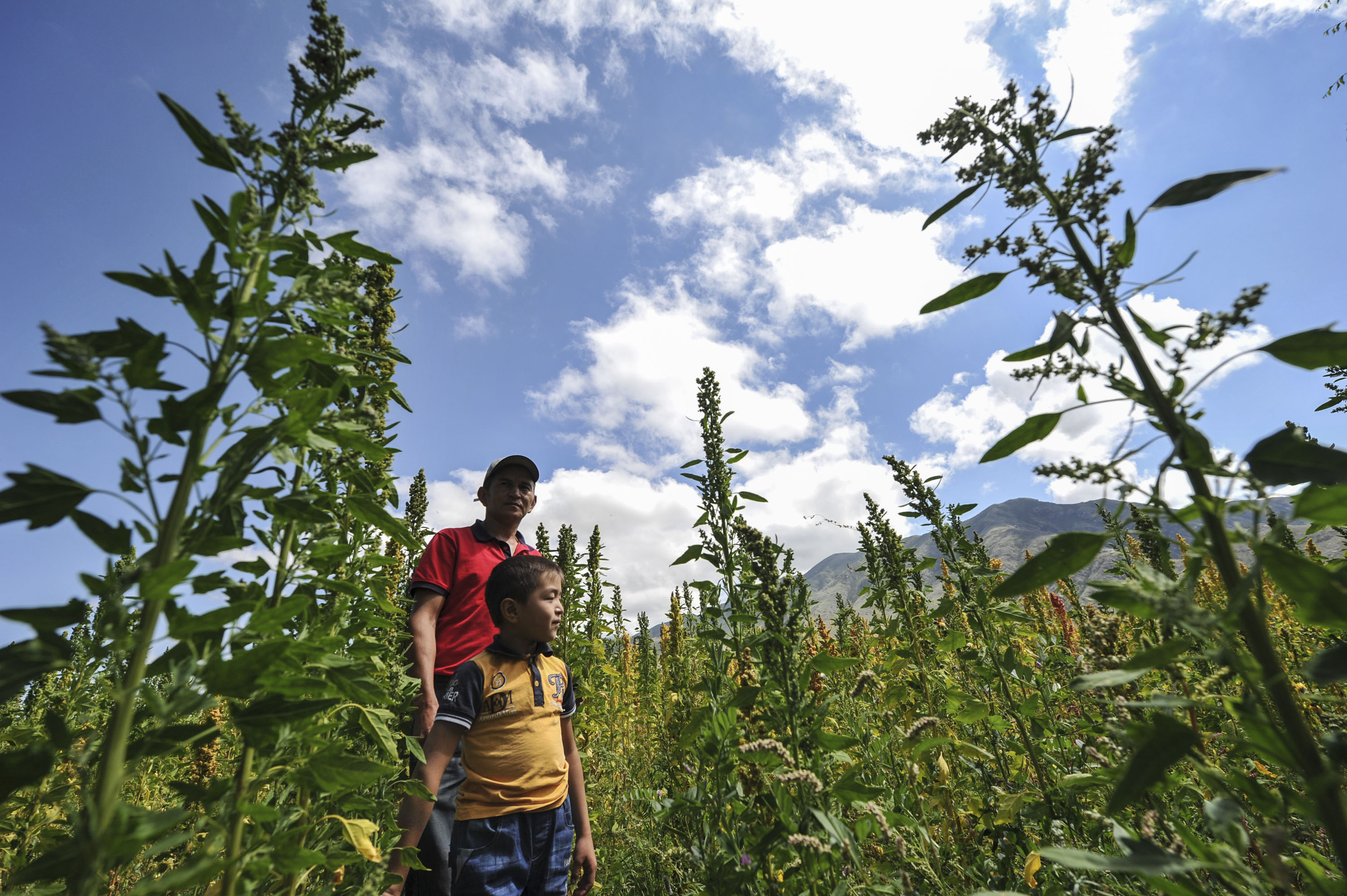Situation in Kyrgyzstan

A national inventory update on obsolete pesticides was started in spring 2021. It is expected that only limited amounts of obsolete pesticides that require safeguarding still exist in stores. Some DDT volumes safeguarded under a previous GEF/UNEP project are located at At-Bashy and Balykchy site, while the bulk of the obsolete pesticides is stored at three landfills. The total volume of POPs wastes might be 1 000 – 2 000 MT with an unknown additional volume of contaminated land to treat.
Currently, Kyrgyzstan has no waste disposal infrastructure in place and there is partially unclear attribution of responsibilities across the ministries. The country has started to develop elements of a national waste management strategy, however, a further engagement of both government and civil society in a discussion of best acceptable solutions for the treatment of various wastes including hazardous wastes is needed.
Export of hazardous waste for treatment abroad is currently not feasible. China, the only neighbouring country with modern disposal infrastructure, forbids the import of any type of waste for final disposal. Transit of waste through the Eurasian Customs Union is currently prohibited, an amendment lifting the transit restriction has been signed on 9 August 2019, but has not entered into force until today. A transit through Uzbekistan and then Turkmenistan might be an option opening up, however, Turkmenistan has just started the development of the list of wastes eligible for transit. Export to the South would lead eventually through Afghanistan, which is currently excluded for safety reasons.
Probably, both national disposal as well as disposal abroad will not be possible within the lifetime of the project. Therefore, the project focuses on a) facilitating the development of future disposal options; and b) safeguard existing wastes and bring them to a secure temporary store.
Kyrgyzstan has only small, annually generated volumes of empty containers, making shredding, rinsing and recycling economically not viable. Different facilities which could provide disposal services are available, however, the technical process has still to be developed.
Illicit, counterfeit and illegal pesticides form about 50 % of the annual volume of pesticides used, making establishing a container management system more difficult due to the risk of "free riders".
In terms of contaminated soil, Kyrgyzstan has limited number of contaminated sites for which information update is required. Fiield trials on bio-remediation of POPs contaminated soils is ongoing. Work is based on earlier research work by the Department of Crop Protection of the Kyrgyz-Turkish Manas University.
Ongoing activities in Kyrgyzstan
Component 1
- Development of the National Disposal Action Plan on management of obsolete pesticides and related wastes
- Continue of bio-remediation trials on POPs contaminated soils
- Safeguarding of old burials with Obsolete Pesticides (OP) in Kochkor district
Component 2
- Improving of pesticides management legislation through implementation of pesticides traceability system
- Implementing of licensing system for pesticides selling
Component 3
- Conducting comparison trials on alternatives to the use of Highly Hazardous Pesticides (HHPs) and mineral fertilizers jointly with the National Agrarian University
Key results so far in Kyrgyzstan
National obsolete pesticides inventory updated
Bio-remediation trials of POPs and heavy metals contaminated soils continued (2nd season)
National working group on empty container management established
Pesticide management legal framework
assessed
HHP baseline assessment done
National IPM action plan formulated
Assessment of fertiliser use done
IPM field trials continued (3rd season)
